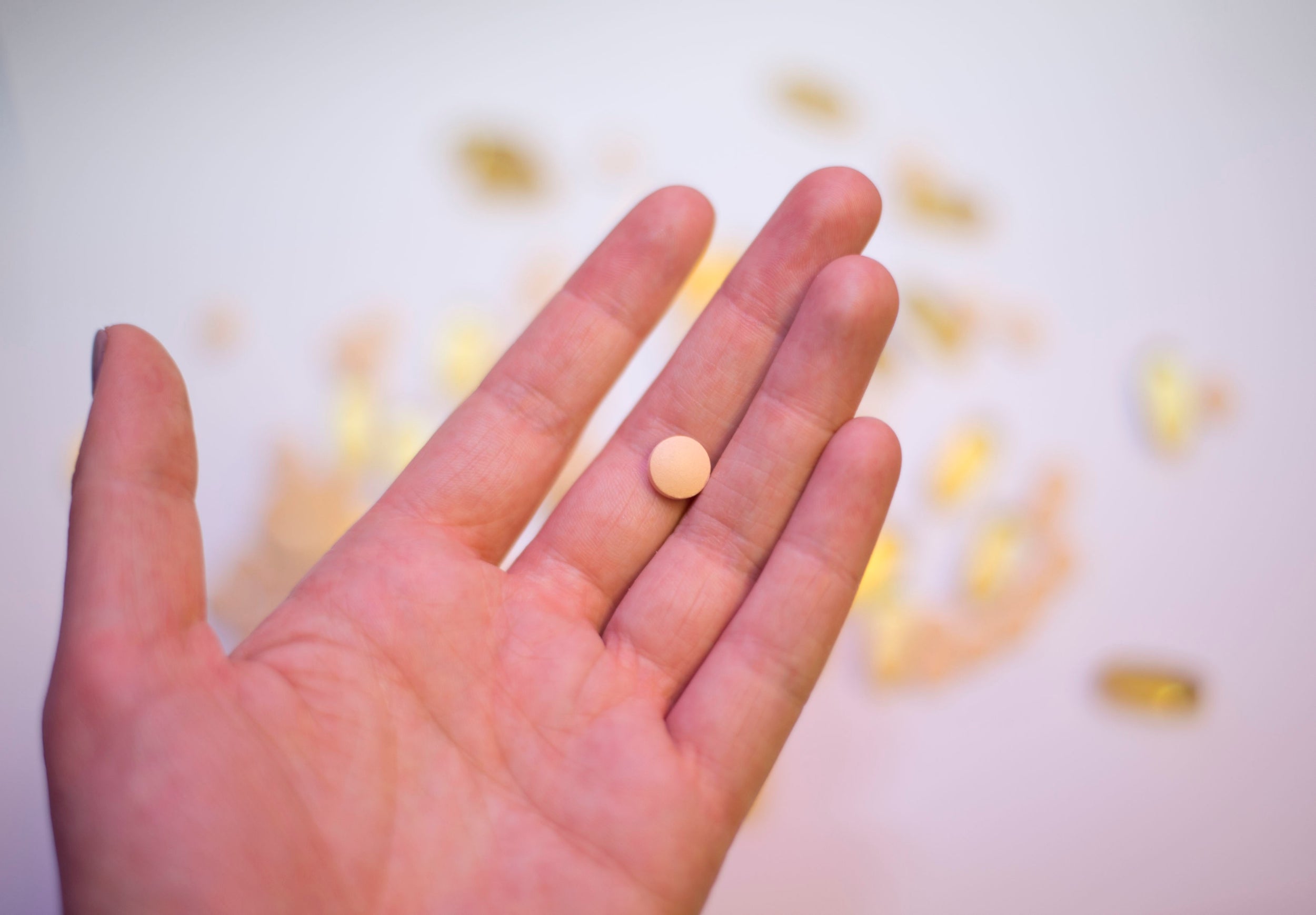Humans are imperfect patients so we can’t ignore alternative remedies’ popularity
Analysis: Cancer patients are using complementary therapies which may interact harmfully with prescribed drugs

If not more art than science, medicine will always be about more than the best evidence, diagnostics or drugs – because at its beating heart there is a patient.
People living with a long term, or life-threatening condition don’t have the option to leave their disease at the door when they depart hospital. They have to make home life, work and relationships work while trying to do what’s best for their health.
So it shouldn’t be a huge surprise that one third of current or past cancer patients have used an alternative remedy in the last 12 months, or even that one in nine did so without telling their doctor.
Many of these – like yoga, meditation, and even chiropractic manipulation of the joints – may have been simply ways to relax, manage other symptoms or take a little ownership of their condition.
But there is no evidence that any alternative therapy can help treat cancer, according to complementary medicine expert Professor Edzard Ernst.
In fact, “there are several risks,” he told The Independent. “Some treatments might cause direct harm, others would interact with the prescribed treatments and might render them less effective.”
This is particularly a risk for the most common form of complementary or alternative medicine in the Texas study, herbal remedies.
While these may be useless for treating cancer – or many of the other conditions they’re marketed for – that does not mean they don’t have an effect.
Plenty of medical staples, from aspirin, to chemotherapy drugs vinblastine and vinchristine, whose development drastically increased survival of childhood leukaemia, began as traditional remedies.
The crucial difference is sufficient evidence exists for their consistent and predictable benefits so that they can be classed as “medicines”.
A UK study conducted by the University of Reading on terminal cancer patients in Oxfordshire found 34 per cent had used a herbal supplement alongside their other drugs.
While most were harmless, around one in six were classed as having uncertain effects, while in six of the 127 patients there was a potentially hazardous effect, and two cases a significant or life-threatening risk.
Increasing numbers of studies have highlighted the risks of these clashes in other conditions.
There are 1.3 million older people in the UK who are on at least one prescription drug but are putting themselves at risk by also taking alternative remedies like primrose oil, valerian root and gentian.
The Texas study found many patients didn’t see the need to inform their doctor: some thought their physicians were not expert enough in these alternative disciplines; some feared a rebuke for using an alternative treatment.
Most said they simply were not asked, and this needs to change most of all.
“Ignoring the popularity of alternative medicine is not a good option,” Professor Ernst told The Independent.
He added that doctors need specifically to ask patients about their use of alternative remedies, and then inform them about patchy evidence and the dangers. “Which can be considerable”, he said.
Hopefully this will minimise unforeseen risks for patients and help professionals better understand patient’s justifications for turning to alternative treatments.
But given we all make daily, unthinking decisions about our health when we’re well, it shouldn’t be any surprise if patients continue to act at odds with the evidence when they are ill.
Join our commenting forum
Join thought-provoking conversations, follow other Independent readers and see their replies
Comments